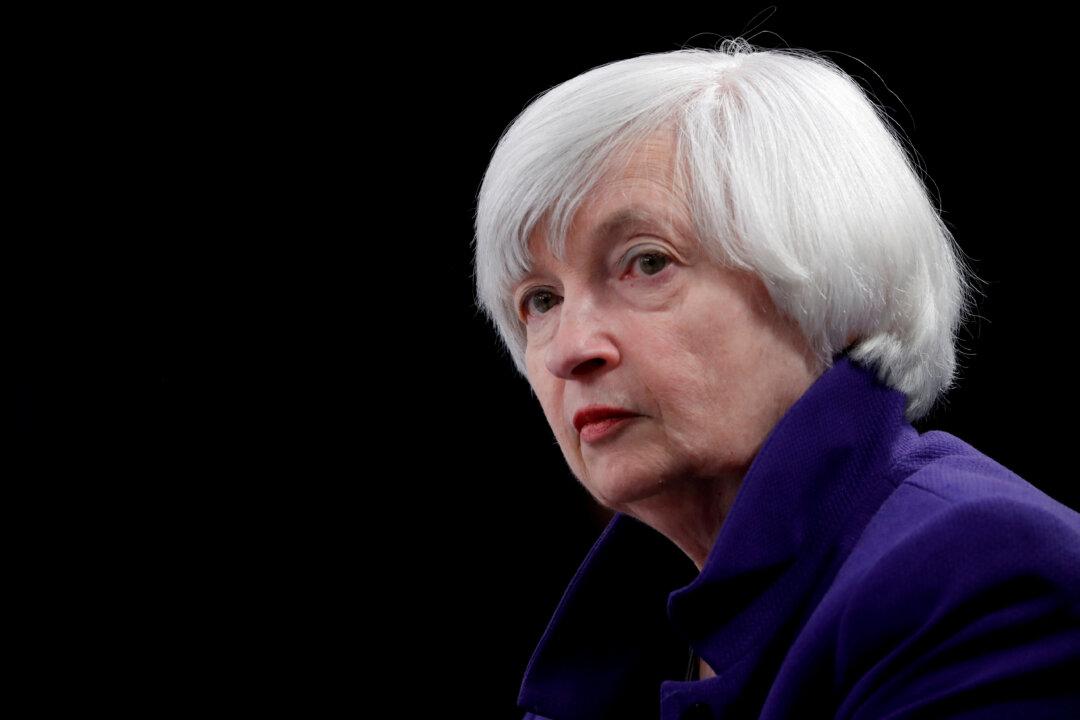Treasury Secretary Janet Yellen said the Biden administration is looking at raising taxes on wealthy Americans and corporations—and may consider an outright wealth tax—to pay for future programs, as attention turns to funding measures for the next big-ticket legislative pushes such as an infrastructure plan.
Yellen made the remarks in a March 14 interview on ABC’s “This Week with George Stephanopoulos,” during which she made the case for continued short-term deficit spending to help remedy the economic woes of the pandemic while flagging the need for long-term fiscal discipline.





